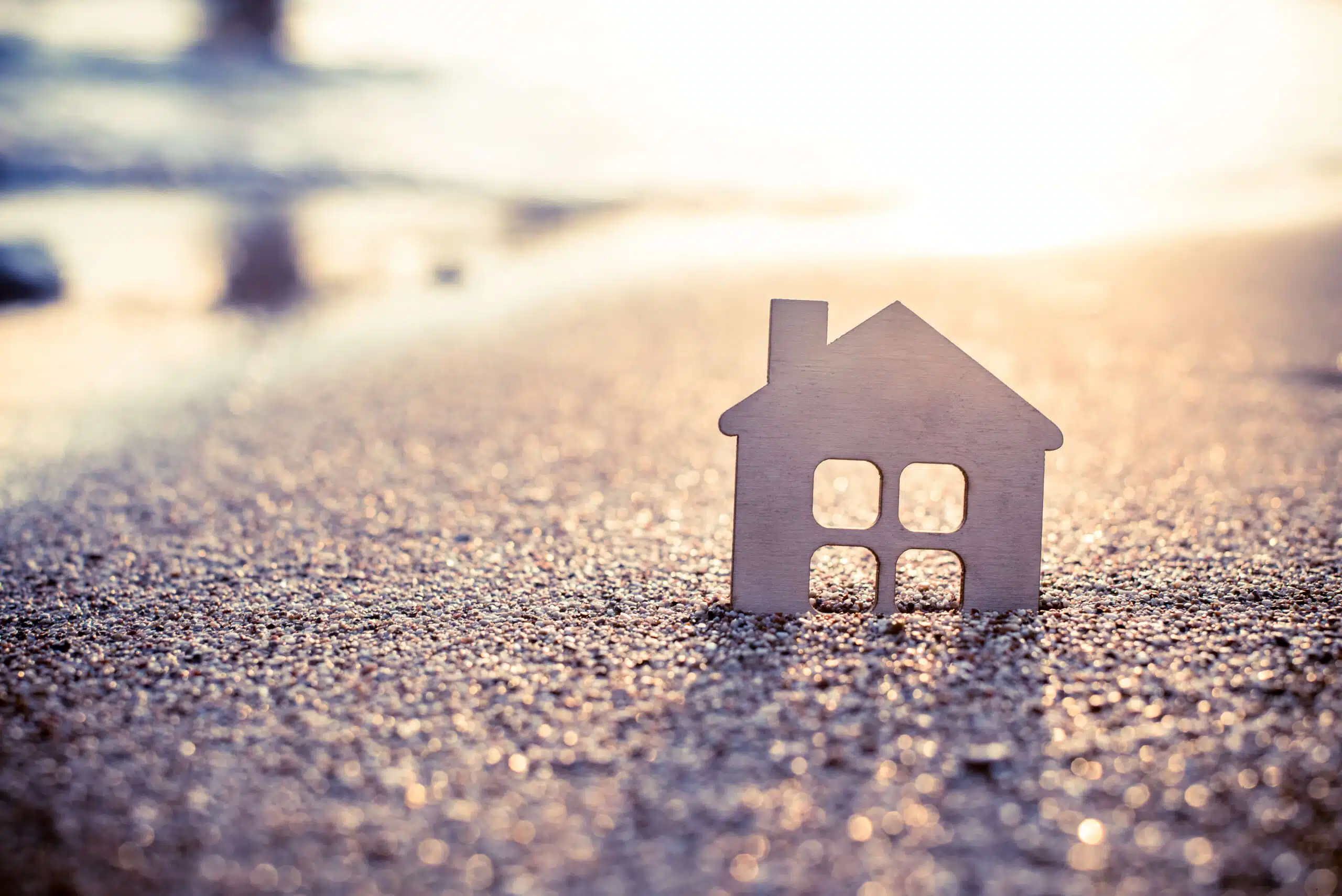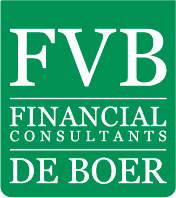
Buying a house is always a complicated process and buying a house in the Netherlands can get a whole lot trickier if you do not speak or read the language. Here is an overview of what you need to know about Dutch mortgages.
Getting a Dutch mortgage
When applying for your hypotheek, the Dutch word for mortgage, you will be subject to the same conditions as any other Dutch citizen. You have to work and live in the Netherlands to be entitled to a Dutch mortgage, and your mortgage provider will ask for standard information such as your income, the value of the property, your employment contract and marital status.
Special requirements for expats
Although roughly the same conditions apply to both Dutch citizens and foreigners, expats will need to meet a few important requirements. Firstly, you will need to have a citizen service number (BSN). If you are not from the EU or EEA (European Economic Area), a residence permit, (verblijfsvergunning) is mandatory. Some financial institutions may have additional requirements for foreign applicants. They may, for example, require you to have lived in the Netherlands for a period of at least six months.
Self-employed
Although the requirements for getting a mortgage can be somewhat difficult for self-employed expats, it is definitely not impossible. If you are self-employed, you will need to present your income history for 24 or 36 months. The process is pretty straight-forward and the longer you’ve been self-employed, the more likely it is you’ll get a mortgage.
Annual contract
If you do not have a permanent job contract, you will need a letter from your employer stating that your contract will be renewed under the same conditions.
House to let
Under standard mortgage terms you will not be allowed to rent out your house to others. In other words: mortgages are strictly meant for self-occupancy. In special circumstances – if you are posted abroad for a few months – you may rent out your house for a limited period of time, but only with the full consent of the mortgage lender. If you are planning to rent out the house, you can opt for a special buy-to-let mortgage. The interest rates are higher on buy-to-let mortgages and you will also have to cover between 30% and 50% of the purchase price from your own money. You may also face local authority restrictions on what properties can be rented out and to whom.
Financial details
With a Dutch mortgage, you can finance up to 100% of the market value of your home. However, bear in mind that you will need around 6% of the purchase price to cover additional costs.
- Transfer tax: generally around 2 percent of the sale price of the house
- Appraisal/valuation report: always required when getting a mortgage
- Arrangement fee for the mortgage
- Notary fee
- Deposit or bank guarantee
To get a better idea of the requirements for getting a mortgage in the Netherlands, please get in touch and we will be happy to help you.


